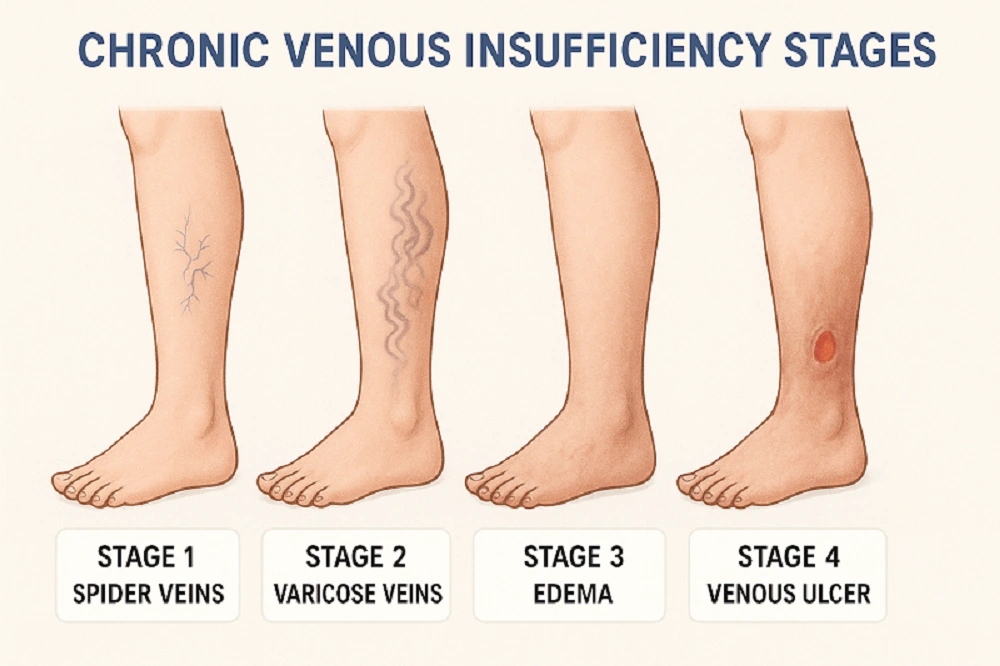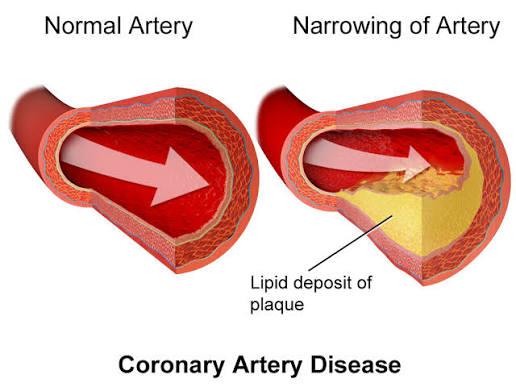
Consent is a crucial aspect of the doctor-patient relationship. It is a voluntary authorization by a competent patient based on the knowledge necessary to make an appropriate choice. There are different types of consent, and obtaining consent is required in various situations.
Types of Consent
The three types of consent are:
- Express Consent: This type of consent is explicitly given by the patient, either in writing or verbally.
- Implied Consent: This type of consent is implied by the patient’s actions or behavior, such as rolling up their sleeve to receive an injection.
- Informed Consent: This type of consent is a specific type of express consent, where the patient is fully informed about the risks, benefits, and alternatives of a particular treatment or procedure.
Situations Requiring Consent
Obtaining consent is required in various situations, including:
- Before performing any medical procedure or treatment
- Before administering any medication
- Before disclosing any medical information to a third party
- Before involving a patient in any medical research or study
- Before performing any surgical procedure
Informed Consent Process
The informed consent process involves several steps, including:
- Disclosure: The doctor must disclose all relevant information about the treatment or procedure, including the risks, benefits, and alternatives.
- Understanding: The patient must understand the information provided, and the doctor must ensure that the patient has the capacity to make a decision.
- Voluntariness: The patient must make a voluntary decision, free from coercion or undue influence.
- Authorization: The patient must authorize the treatment or procedure, either in writing or verbally.
In conclusion, the different types of consent are express consent, implied consent, and informed consent, and obtaining consent is required in various situations, including before performing any medical procedure or treatment, administering any medication, disclosing any medical information to a third party, involving a patient in any medical research or study, and performing any surgical procedure.
Importance of Obtaining Valid Consent
Obtaining valid consent from a patient for investigations and treatment is crucial for several reasons:
1. Respect for Autonomy
The principle of autonomy emphasizes the right of individuals to make informed decisions about their own bodies and health care. Valid consent ensures that patients have the opportunity to understand their medical condition, the proposed treatments or investigations, and the potential risks and benefits involved. This respect for patient autonomy is foundational to ethical medical practice.
2. Legal Requirement
Informed consent is not only an ethical obligation but also a legal requirement in many jurisdictions. Healthcare providers must obtain consent before proceeding with any treatment or investigation to protect themselves from legal repercussions. Failure to do so can result in claims of battery or negligence if a patient feels they were treated without their permission.
3. Patient Empowerment
The informed consent process empowers patients by providing them with the necessary information to make choices regarding their health care. This empowerment fosters a collaborative relationship between healthcare providers and patients, encouraging open communication and trust.
4. Ethical Decision-Making
Obtaining valid consent supports ethical decision-making within healthcare settings. It encourages healthcare providers to engage in thorough discussions with patients about their options, ensuring that decisions align with the patient’s values and preferences.
5. Enhancing Treatment Outcomes
When patients are actively involved in their treatment decisions through informed consent, they are more likely to adhere to treatment plans and participate in their care actively. This involvement can lead to better health outcomes as patients feel more invested in their treatment journey.
6. Protection of Vulnerable Populations
Certain populations, such as minors or individuals with impaired decision-making capacity, require special considerations when it comes to obtaining consent. Ethical guidelines dictate that healthcare providers must ensure that these individuals are included in discussions about their care as much as possible, thus safeguarding their rights and interests.
In summary, obtaining valid consent is essential in medical ethics because it respects patient autonomy, fulfills legal obligations, empowers patients, supports ethical decision-making, enhances treatment outcomes, and protects vulnerable populations.
How to Proceed If a Patient Refuses Treatment
When a patient refuses treatment, healthcare professionals must navigate a complex interplay of ethical principles, legal standards, and the patient’s rights. The following steps outline how to proceed in such situations:
- Assess Decision-Making Capacity: First, it is essential to determine whether the patient has decision-making capacity. This involves evaluating if the patient can understand relevant information about their condition and treatment options, appreciate the consequences of their decisions, reason through the risks and benefits of alternatives, and communicate a choice that reflects their values.
- Provide Comprehensive Information: If the patient has decision-making capacity, clinicians should ensure that they have received all relevant information regarding their condition and treatment options. This includes discussing potential outcomes of refusing treatment as well as alternative options available.
- Respect Autonomy: If a decisional patient chooses to refuse treatment after being fully informed, their autonomy must be respected. Healthcare providers cannot override this refusal unless specific exceptions apply (e.g., life-threatening situations where the patient lacks capacity).
- Explore Patient’s Reasons: Engage in a dialogue with the patient to understand their reasons for refusing treatment. This can help clarify any misconceptions or fears they may have and provide an opportunity for healthcare providers to address these concerns.
- Encourage Reconsideration: While respecting the patient’s autonomy, clinicians can ethically encourage patients to reconsider their decisions by discussing reasonable alternatives that align with their goals and values without coercion.
- Document Refusal: It is crucial to document the patient’s refusal of treatment in their medical record along with details about the discussions held regarding informed consent and understanding of consequences.
- Consider Legal Obligations: In cases where patients lack decision-making capacity but refuse treatment, healthcare providers must consider legal frameworks governing such situations (e.g., advance directives or emergency interventions) before proceeding.
- Consult Ethics Committees if Necessary: In complex cases or when there is uncertainty about how to proceed ethically or legally, consulting an ethics committee may provide additional guidance.
By following these steps, healthcare professionals can navigate the ethical complexities surrounding patient treatment refusals while upholding respect for patient autonomy and ensuring ethical practice.
Informed Consent and Incompetent Patients
When a patient is deemed incompetent to give consent, there are specific ethical and legal guidelines that healthcare providers must follow to ensure that the patient’s rights and well-being are respected. The process involves several key steps:
1. Assessing Capacity: The first step is to determine whether the patient lacks the capacity to provide informed consent. Capacity refers to the patient’s ability to understand relevant information, appreciate the consequences of their decisions, and communicate their choices. This assessment should be made by a qualified healthcare professional who can evaluate the patient’s cognitive function and decision-making abilities.
2. Identifying a Substitute Decision-Maker (SDM): If a patient is found to be incompetent, it is essential to identify an appropriate substitute decision-maker (SDM). An SDM is someone legally authorized to make healthcare decisions on behalf of the patient. This could be a family member, guardian, or another individual designated by law or by the patient prior to becoming incapacitated. The selection of an SDM should comply with local laws and regulations regarding advance directives and power of attorney.
3. Understanding Patient Wishes: Even when a patient cannot provide consent, healthcare providers must strive to respect the known wishes of the patient as much as possible. If there are any advance directives or previously expressed preferences regarding treatment options, these should guide the decision-making process. It is crucial for healthcare providers to gather any available information about what the patient would have wanted in similar circumstances.
4. Making Decisions in Best Interest: When no clear wishes from the patient are available, decisions must be made based on what is considered in the best interest of the patient. This involves evaluating potential benefits and risks associated with proposed treatments or interventions while considering factors such as quality of life, prognosis, and overall well-being.
5. Documentation: It is vital for healthcare providers to document all assessments of capacity, discussions with SDMs, and decisions made regarding treatment in detail. This documentation serves as a record that can protect both patients’ rights and healthcare providers from potential legal issues.
6. Emergency Situations: In cases where immediate medical intervention is necessary due to an emergency situation (e.g., severe suffering or imminent threat to life), physicians may proceed without consent if no SDM can be contacted promptly. However, they must still act within ethical boundaries—treatments should only address immediate needs until proper consent can be obtained later.
7. Legal Compliance: Healthcare providers must adhere strictly to relevant laws governing consent in their jurisdiction, such as health care consent acts or mental health legislation that outline procedures for treating incompetent patients.
By following these steps diligently, healthcare professionals can navigate situations involving patients who are unable to give informed consent while upholding ethical standards and legal requirements.
When is it Justifiable to Refrain from Obtaining Patient Consent?
The principle of informed consent is foundational, emphasizing the patient’s autonomy and right to make decisions regarding their own healthcare. However, there are specific circumstances under which it may be justifiable to refrain from obtaining patient consent. These situations typically revolve around issues of urgency, incapacity, or public health considerations.
1. Medical Emergencies
In life-threatening situations where immediate medical intervention is necessary to prevent serious harm or death, obtaining prior consent may not be feasible. For instance, if a patient arrives at an emergency department unconscious due to trauma or cardiac arrest, healthcare providers may proceed with life-saving measures without explicit consent. The ethical justification here relies on the principle of beneficence—acting in the best interest of the patient when they are unable to provide consent.
2. Incapacity of the Patient
Patients who are incapacitated due to mental illness, severe cognitive impairment, or intoxication may lack the capacity to give informed consent. In such cases, healthcare providers must assess whether a legally authorized representative (such as a family member or legal guardian) can provide consent on behalf of the patient. If no representative is available and immediate treatment is required for the patient’s well-being, clinicians may proceed without consent under the assumption that treatment aligns with what a reasonable person would want in similar circumstances.
3. Public Health Considerations
In certain public health scenarios, individual consent may be bypassed for broader community welfare. This includes situations like vaccination campaigns during an outbreak or quarantine measures during infectious disease outbreaks where individual rights might be overridden for collective safety. The ethical rationale here hinges on utilitarian principles—maximizing benefits for the greater population while minimizing harm.
4. Research Contexts
In research settings involving minimal risk procedures or when patients are enrolled in studies that have been ethically reviewed and approved by Institutional Review Boards (IRBs), it may sometimes be permissible not to obtain explicit consent if participants have been adequately informed about their involvement through other means (e.g., information sheets). However, this must always adhere strictly to ethical guidelines and regulations governing human subjects research.
5. Situations Involving Coercion or Misrepresentation
If obtaining consent involves coercion or misrepresentation of facts—where patients feel pressured into consenting due to fear or misinformation—then proceeding without valid consent could be justified as it protects patient autonomy and integrity.
In summary, while informed consent is a critical aspect of medical ethics, there are justifiable exceptions based on urgency in emergencies, incapacity of patients, public health needs, specific research contexts, and avoiding coercive practices.







